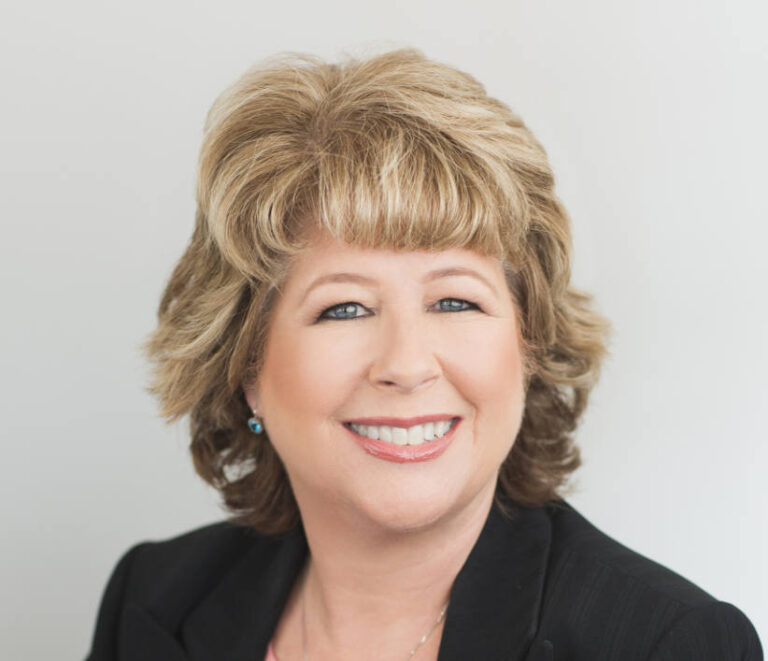FAN’s Caroline Falls talks with Mary Joyce Ivers, a US fleet champion, ahead of her upcoming talk at the 2021 IPWEA fleet conference in March. Ivers is deputy director for Ventura, California’s public works department which has a $100 million budget. She was previously the city’s fleet manager, winning multiple awards, including 2017 Government Fleet Manager of the Year. Ivers was inducted into the Fleet Hall of Fame in 2018. They talk about Ivers’ career, experiences and what she will be talking about at the Institute of Public Works Engineers Australasia’s virtual Fleet Conference on March 23 and 24.
Caroline: We’re talking to you today because you are going to make a presentation from your U.S. base to the upcoming IPWEA fleet conference in Australia. Firstly, I want to acknowledge your long career as fleet manager for the City of Ventura, California before you became deputy director of public works there. Can we talk about that? How many years you were exclusively involved in fleet, and some of the highlights from that period?
Mary Joyce: I’ve been with the city 28 years. Previously I was an industrial engineer in manufacturing, in aerospace. I started out working with fleet and facilities and writing specs for equipment, using systems and analytics, using data. We have fire and construction. We do not have transit buses, or waste trucks. We have contracts with them. I became the fleet manager over 20 years ago. I’m proud of our fleet team and the things we did. We became the number one fleet recognised in 2014 and 15.
Caroline: What were some of the hallmarks of that fleet that got such recognition?
Mary Joyce: Our asset management system holds the data we’re collecting. We linked it to our preventative maintenance program. Because we’re in California we care about our environment: We recycle a majority of our waste oil and we use retread tyres. So we can be efficient and provide safe, reliable city departments.
Caroline: California and Australia have a terrible thing in common — horrific wildfires, or bushfires as we call them down under. Can you tell us how for example the devastating so-called Thomas fire in 2017 affected Ventura’s fleet, and if your fleet policies changed to accommodate future catastrophes?
Mary Joyce: It was the biggest fire we’d ever had until it was overtaken by future events. It was moving one acre a second. We were able to remotely monitor our fuel tanks. We ended up within our fleet, distributing 8,000 gallons in a week. Our employees just volunteered and helped fill the fire trucks as they returned. It was good having a fuel management system. We had an emergency contract with our fuel supplier in Los Angeles, which is about 60 miles away. I got a hold of them by 10 o’clock at night and they delivered. We continued getting parts and running our preventative maintenance program. We were relying on police vehicles and we want their vehicles ready to go. Doing anything different? We have been adding more emergency standby generators to our fleet to increase our resiliency. Edison, our California utility is now doing public safety shutoffs so if they see a threat of wildfires they will cut off power in different areas of our city. That’s another reason to have backup in our yard where our fleet maintenance is.
Caroline: Again in 2020 and to this day we are enduring a different unusual event, the coronavirus pandemic. How has this affected your operations and particularly your fleet management?
Mary Joyce: Because, thankfully, we are essential workers our fleet team has been able to work everyday. We support police and fire departments. If we have had an exposure such as public safety then we disinfect and clean the vehicles. Providing parts and PPE and supporting our COVID efforts and just keeping up with what we need to do with our equipment. We did put in all the safety protocols — not working within six feet of each. Our city policy was you could not put two people in a cab together. Parks had to find another vehicle.
Caroline: What are some of the talking points you will be making at the IPWEA virtual conference?
Mary Joyce: I’ll be talking about trending technologies and how fleet is involved with those. Also I wanted talk about data and fleet — some of the examples of how we use the information we are gathering, whether it’s through GPS or the remote diagnostics in our fleet. We use data and we love it. The other thing is fleet workforce development: What is it? How does it look for us? What do we look for? How we build a strong fleet staff? We do have challenges in the city with competitive employers. What else can we do for motivating people we want here.
Caroline: I also note you are president of the American Public Works Association, and will be talking to members of your Australian equivalent, IPWEA. How important are conferences such as the their upcoming fleet event for sharing ideas and do you think a virtual conference will be okay?
Mary Joyce: I love having the opportunity when I can attend the conference and really talking to fleet professionals. We love to learn info and share our info. The virtual will be ok. I have been amazed experiencing monthly webinars. We just had our fleet month. More people are able to participate because they don’t have to travel. We’ve been able to offer our training programs to our maintenance people. At APWA, we do a winter maintenance certificate program. Normally we have about 200 register. This year we had 300. People want this information. It’s one of the benefits coming out of COVID.







